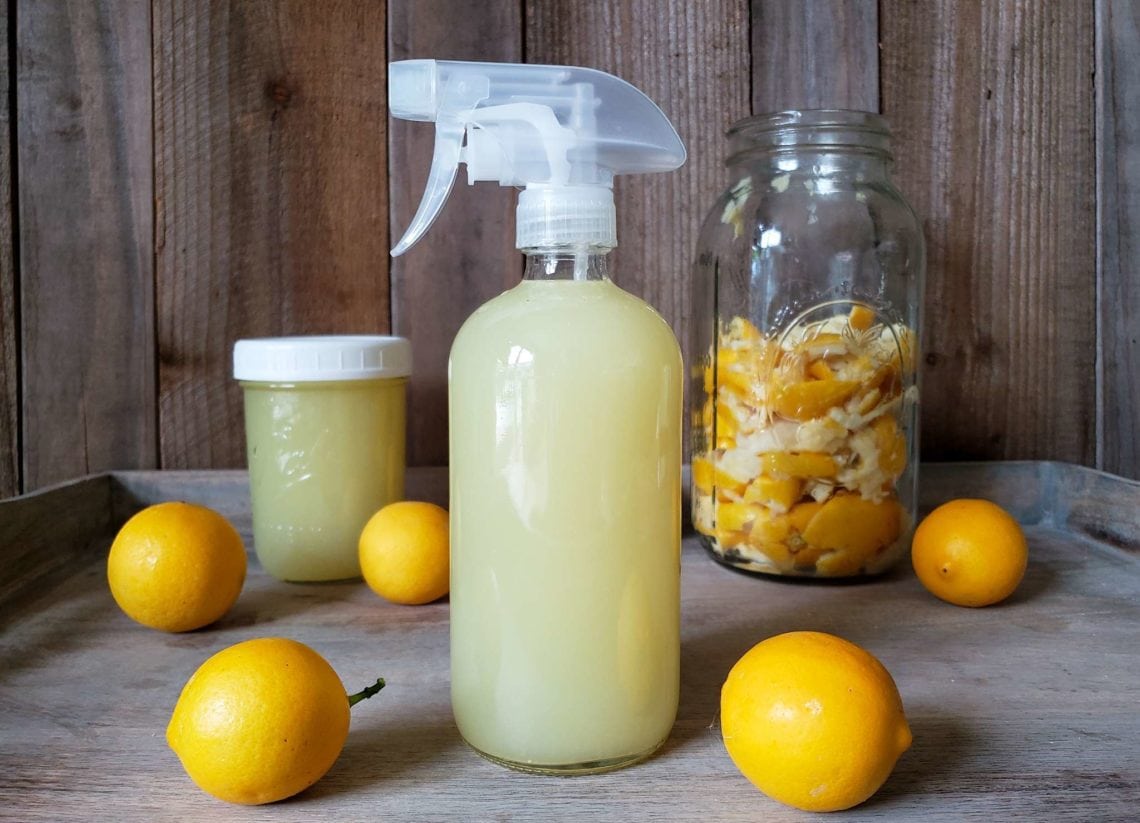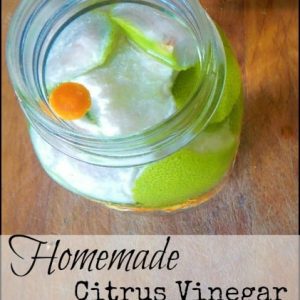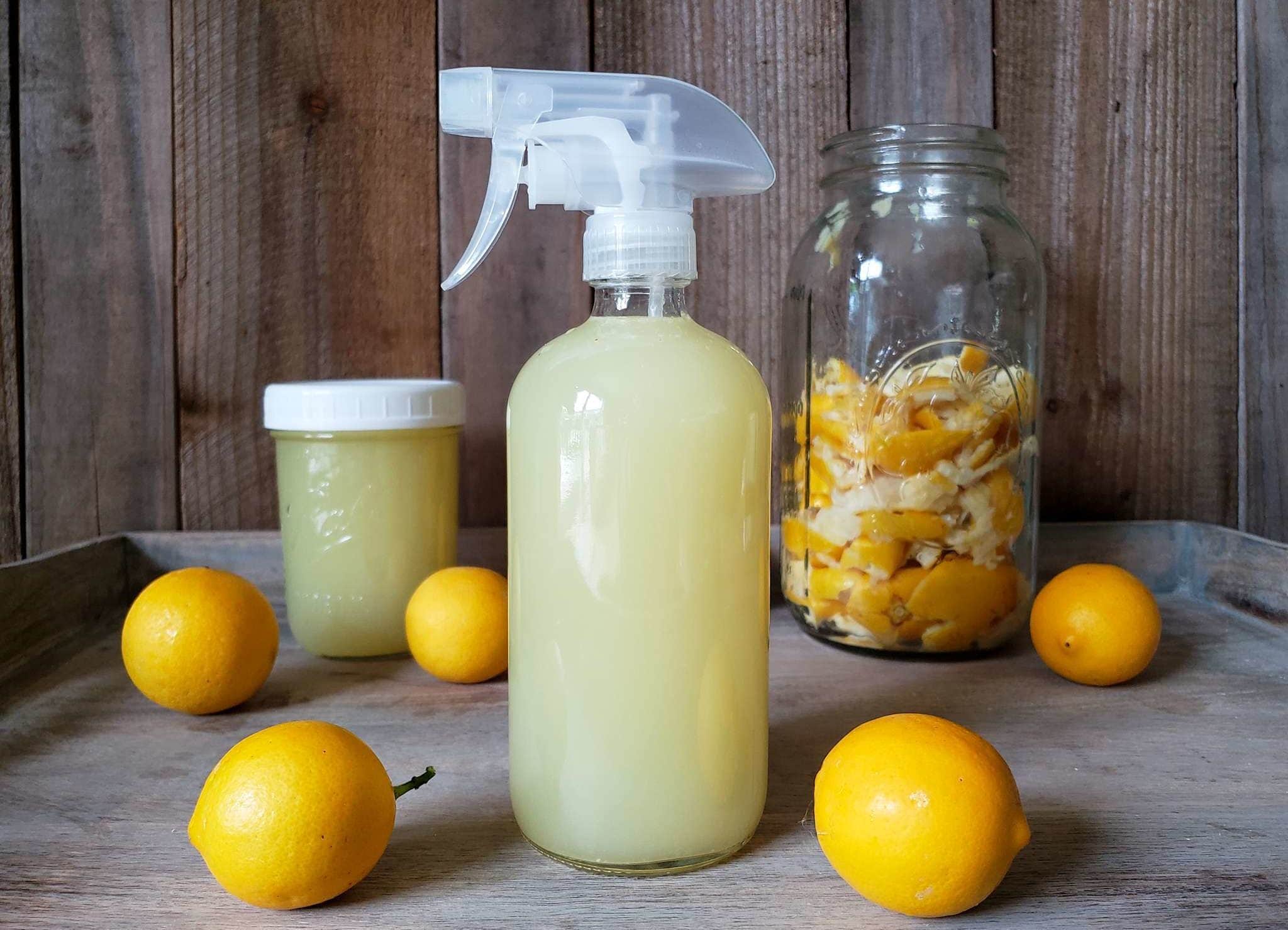
Sunshine in a Bottle: Your Guide to Homemade Citrus Cleaner
The vibrant zest of an orange, the tangy burst of a lemon – few scents are as instantly uplifting as citrus. Imagine harnessing that invigorating aroma, not just for a brief moment, but for cleaning your entire home. Now contrast that with the sterile, often overwhelming, smell of commercially produced cleaning products. The difference is stark, isn't it? It's a difference that speaks to a deeper desire: to live more naturally, more sustainably, and more in tune with the rhythms of the earth. If you're like me, you might even grow a small citrus tree, or know someone who does, and are often seeking to re-purpose every part of the bounty.
Conventional cleaning products are often loaded with harsh chemicals that can be harmful to our health and the environment. From respiratory irritants to endocrine disruptors, the potential risks are significant. But what if there was a simple, effective, and eco-friendly alternative? Enter homemade citrus cleaner – a powerhouse solution crafted from a readily available resource: citrus peels! We'll dive into how to make a chemical-free cleaner on the homestead, a delightful way to repurpose something you'd normally toss, and to do so while using something as simple as vinegar.

Gathering Your Ingredients and Supplies
Creating your own citrus cleaner is surprisingly straightforward. The key is gathering the right ingredients and having a few essential supplies on hand.
Citrus Peels: The foundation of our cleaner is, of course, citrus peels. Orange, lemon, grapefruit, and lime peels all work beautifully. While organic peels are ideal to minimize pesticide exposure, conventional peels can be used as well, especially if you give them a good scrub before using them. The type of citrus you use will affect the scent and strength of your cleaner. For a sweeter scent, focus on orange and mandarin peels. For a more powerful cleaning punch, use lemon and grapefruit. Once you've enjoyed your citrus fruit, don't toss those peels! Collect them in a container and allow them to dry slightly before using them. This prevents mold from developing during the infusion process.

Specific Search Keywords: varied citrus peels close-up, homestead kitchen
Vinegar: The second crucial ingredient is vinegar. White distilled vinegar is the go-to choice because of its mild acidity and cleaning properties. It's a natural disinfectant and helps to break down grease and grime. Now, vinegar has a distinctive odor that many find unpleasant. The good news is that the citrus oils will effectively mask the vinegar smell, leaving behind a fresh, clean scent.
Optional Additives: While citrus peels and vinegar are the core ingredients, you can enhance your cleaner with essential oils. Lemon, tea tree, lavender, and eucalyptus oils not only add a pleasant fragrance but also offer additional antibacterial and antiseptic benefits. We'll touch on this later when we discuss variations.
Supplies: Here's what you'll need to get started:
- A large glass jar or container with a lid (mason jars work perfectly)
- A spray bottle for dispensing the cleaner
- A funnel for easy pouring
- A fine-mesh strainer or cheesecloth for filtering the infused vinegar
Having everything readily available will streamline the process and ensure a smoother experience.
The Simple Process: Step-by-Step Instructions
Now for the fun part: turning those citrus peels into a powerful cleaning solution!
Step 1: Preparing the Peels: Give the peels a quick rinse to remove any dirt or residue. You can either use the peels fresh or let them dry for a day or two. Drying the peels slightly helps to prevent mold growth during the infusion process. Chop the peels into smaller pieces to increase the surface area and allow for better extraction of the citrus oils.
Step 2: Combining Peels and Vinegar: Pack the citrus peels into the glass jar, filling it about two-thirds full. Pour white distilled vinegar over the peels, making sure they are completely submerged. The vinegar acts as a solvent, drawing out the beneficial oils and compounds from the peels.
Step 3: Infusing the Vinegar: Seal the jar tightly with a lid and store it in a cool, dark place for 2 to 6 weeks. During this time, the vinegar will slowly infuse with the citrus oils, creating a potent cleaning solution. Shake the jar gently every few days to help the process along. What's happening is a natural process of oil extraction. The d-limonene in the peels is being drawn out by the vinegar.
Step 4: Straining the Cleaner: After the infusion period, strain the vinegar through a fine-mesh strainer or cheesecloth to remove the peels. Discard the spent peels in your compost bin – they're a valuable addition to your garden!
Step 5: Diluting and Using: Pour the strained citrus-infused vinegar into a spray bottle. Dilute it with water to your desired strength. A 1:1 or 1:2 ratio (vinegar to water) is generally recommended for all-purpose cleaning. Label the spray bottle clearly to avoid any confusion. It's important to note that while this cleaner is excellent for many surfaces, it should not be used on natural stone such as granite or marble, as the acidity can damage the finish.
Expanding Your Citrus Cleaning Arsenal: Recipes and Variations
While the basic citrus cleaner is incredibly versatile, you can customize it to suit specific cleaning tasks.
All-Purpose Spray: For everyday cleaning, simply mix the infused vinegar with water in a 1:1 or 1:2 ratio. This spray is perfect for wiping down countertops, cleaning sinks, and sanitizing surfaces.
Boosting Power with Essential Oils: For added scent and cleaning power, add a few drops of your favorite essential oils to the all-purpose spray. Lemon, tea tree, lavender, and eucalyptus oils are excellent choices. Start with 5-10 drops per cup of cleaner and adjust to your preference.
Citrus Scrubbing Paste: For tackling tougher messes, create a scrubbing paste by mixing baking soda with the infused citrus vinegar. The baking soda acts as a gentle abrasive, while the vinegar helps to dissolve grime. Use this paste to clean stubborn stains in sinks, ovens, and bathtubs.

Sustainable Citrus Cleaning Practices on the Homestead
Homemade citrus cleaner aligns perfectly with the values of sustainable homesteading.
Repurposing Citrus Peels: By using citrus peels that would otherwise be discarded, you're reducing waste and minimizing your environmental impact. It's a simple way to practice resourcefulness and make the most of what you have.
Refilling Spray Bottles: Instead of buying new spray bottles every time you run out of cleaner, simply refill your existing bottles. This reduces plastic waste and saves you money.
Composting Spent Peels: After straining the infused vinegar, add the spent citrus peels to your compost bin. They'll break down and enrich your garden soil, providing valuable nutrients for your plants.
Minimizing Waste: Embrace conscious consumption and strive to reduce overall waste in your homestead. By making your own cleaning products and utilizing natural resources, you're taking a step towards a more sustainable lifestyle.
Bulk Vinegar Purchases: Consider purchasing vinegar in bulk to reduce plastic waste from multiple smaller bottles.
Embrace the Zest for Natural Cleaning
Making your own citrus cleaner is more than just a cleaning task; it's a way to connect with nature, embrace sustainability, and create a healthier home for yourself and your family. It's also cost-effective, eco-friendly, and allows you to avoid harsh chemicals. I encourage you to try these recipes and discover the joy of natural cleaning. Start small, experiment with different variations, and share your experiences with others. Let's cultivate a culture of conscious consumption and create a more sustainable future, one citrus peel at a time!
So, are you ready to trade the chemicals for citrus? I have!
Leave a comment below sharing your favorite natural cleaning tips. Don't forget to share this post with your fellow homesteaders and subscribe to our newsletter for more sustainable living inspiration!